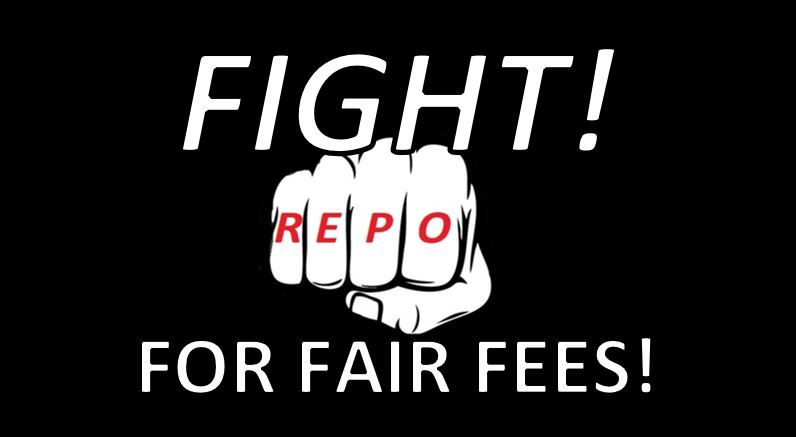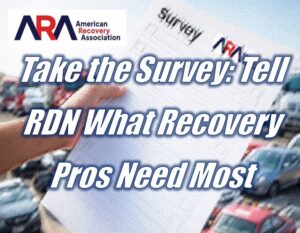“People don’t always respond to incentives in the ways you might predict. What distinguishes good economic thinking from bad is recognition of the subtle, creative, and often unforeseen ways that people respond to incentives.” Economist Glen Whitman
GUEST EDITORIAL
Ask any economist, and he’s tell you that the business world works best where there are proper incentives in place to guarantee the best performance. And bad incentives produce what’s called “perverse consequences”. And there’s a secret perverse consequence to contingency assignments that’s being kept hidden.
One of the really dumb things about assigning (or working) repossession accounts on a contingent basis is that it doesn’t incentivize intelligent field work. In a world where it’s “no metal/no money”, ignorance is bliss on the other half of the assignments that don’t get picked up. Millions of dollars worth of collateral lost because no one is offering to pay for golden information that the recovery agent could gather. The creditors THINK they are getting this information, but they aren’t.
And tens of millions of dollars of recoverable collateral are being lost every year. Beating the repossessor out of $150, to lose a $10,000 car, doesn’t make any sense…and multiply that by tens- or hundreds of thousands.
Go to any repossession convention and sit around the table and talk with a repossessor who accept contingent work. “Yeah, the work sucks, but I only hit it when I am in the area. I make up the updates, don’t run any database searches, and don’t contact any neighbors or occupants. Why should I? It just doesn’t pay. If the car is there, I get it, but that’s all”. In fact, there is a “perverse incentive” to NEVER make contact, because it could scare off the customer, with the repossessor being then rewarded with a big goose-egg. Better just to drive by, and then only when it’s convenient.
As a result, the recovery ratios are LOWER on contingent assignments nationwide, often by MORE than 20%-30%.
One representative for a forwarding company reported that they knew that they were getting lower numbers, but by bouncing the account from agent to agent, they eventually could reach the magic 65% recovery ratio that is often held out as a good number (the other 35% could be charge-offs, but they could be positive resolutions too).
If a client or a forwarder is not getting a 60-70+% repossession rate on their portfolio, they need to really research why not. Either their accounts are in really really bad, or their incentive program for their repossession agents does not encourage their best efforts. And our industry, as a whole, knows which one is the problem.
If I were on the board of directors of a big lender, if I learned that 30% of my cars needlessly went into charge-off because of a lame, short-sighted vendor incentive plan, I’d be outraged. These creditors or forwarders who think they are beating the repo industry into submission using these poorly-constructed incentives are eventually going to wake up and realize that lowering repossession expenses are only exponentially skyrocketing charge-offs and litigation expenses.
Patrick Altes
Falcon International












More Stories
Today is Fallen Agents Day – 2026
From Auction Cutting to Field Programming: The Structural Shift No One Budgeted For
Bad Apples in the Repossession Industry
Why Self-Help Repossession Is Taken for Granted — and Why Losing It Would Hurt Consumers Most
A Necessary Distinction: Financial Oversight vs. Financial Control
When Oversight Becomes Overreach: Why Demanding Subcontractor Financials Is Wrong